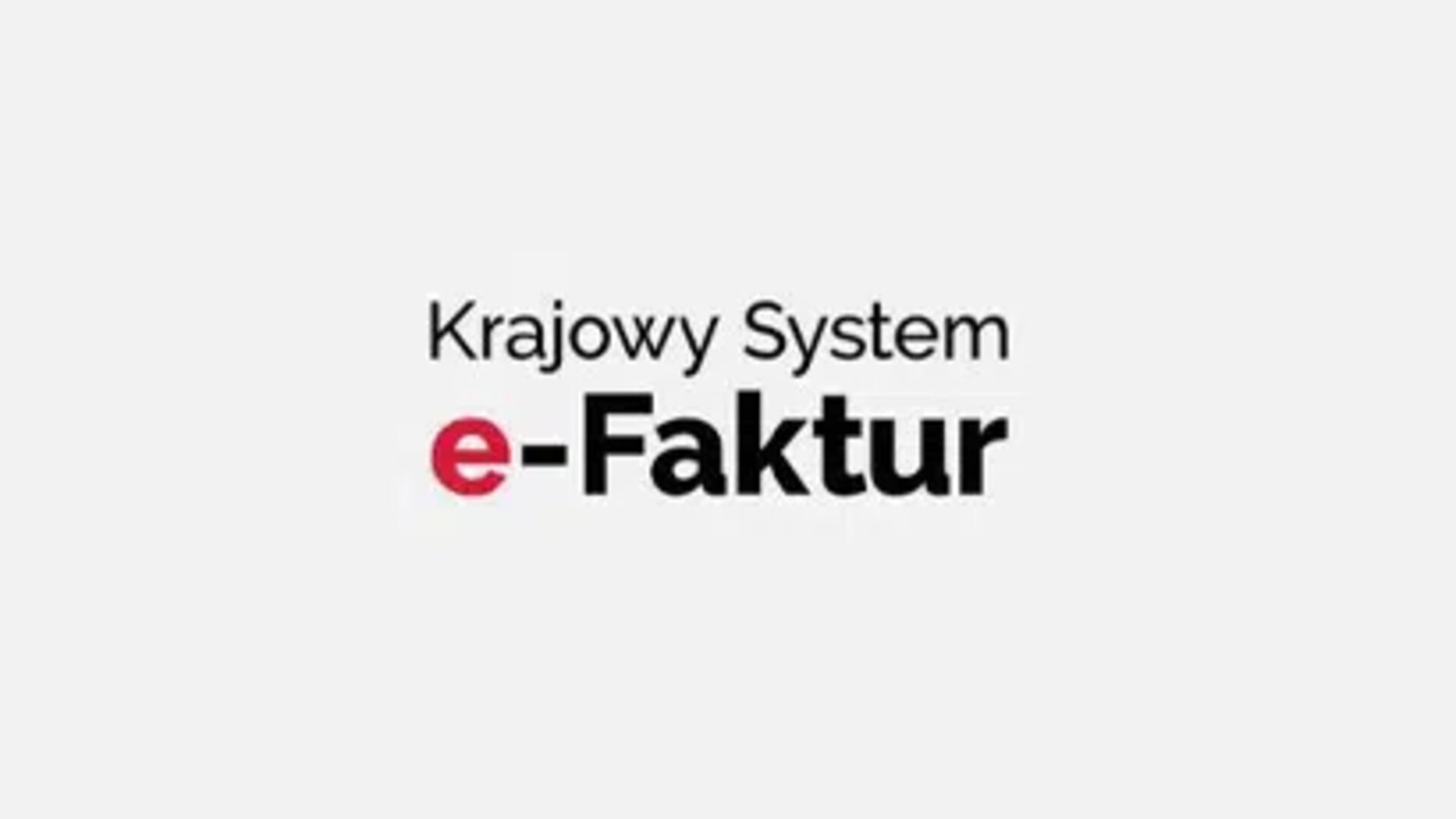The Value Added Tax (VAT) Act as regards the National e-Invoicing System, amended by the Sejm on 16 June 2023!
240 deputies voted in favor of the act amending the Act on Tax on Goods and Services and certain other acts, 203 voted against, and nine abstained from voting.
During the votes, the Sejm adopted several amendments to the act, which were aimed at clarifying the provisions. Among the changes accepted by MPs there were, m.in, the following provisions:
- on the correction of documents,
- the period of storage of e-invoices for a period of 10 years,
- under which the failure period will determine the moment of publication of messages about the beginning and end of the failure. MPs also introduced the possibility of announcing a message about another system failure.
The amendment also provides for the introduction of only electronic handling of binding information – BTI (Binding Tariff Information), WIP (Binding Information on Origin), WIA (Binding Excise Information) and WIS (Binding Rate Information) – through the expansion and adaptation of the already existing IT systems of the National Revenue Administration (e-Tax Office, Tax and Customs Electronic Services Platform – PUESC.
According to the bill adopted by the Sejm, from 2025 the possibility of issuing invoices using cash registers is to be withdrawn. A receipt with a tax identification number (NIP) up to PLN 450 will also not be considered an invoice, except for exceptions for certain specific types of invoices (motorway tickets and other tickets).
The purpose of the Act is:
- accelerating the digitization of the public sector and making it easier for entrepreneurs to run their business,
- introduction of the obligation to issue invoices via the KSeF from 1 July 2024. Remark! This obligation will apply to invoices confirming transactions between entrepreneurs, it will not apply to situations where the buyer is a consumer,
- implementation of a uniform standard for e-invoices, which is to simplify the process of documenting transactions, speed up and automate the issuance, processing and archiving of documents.
It is estimated that the obligatory KSeF system will handle over 2.5 billion structured e-invoices per year.
